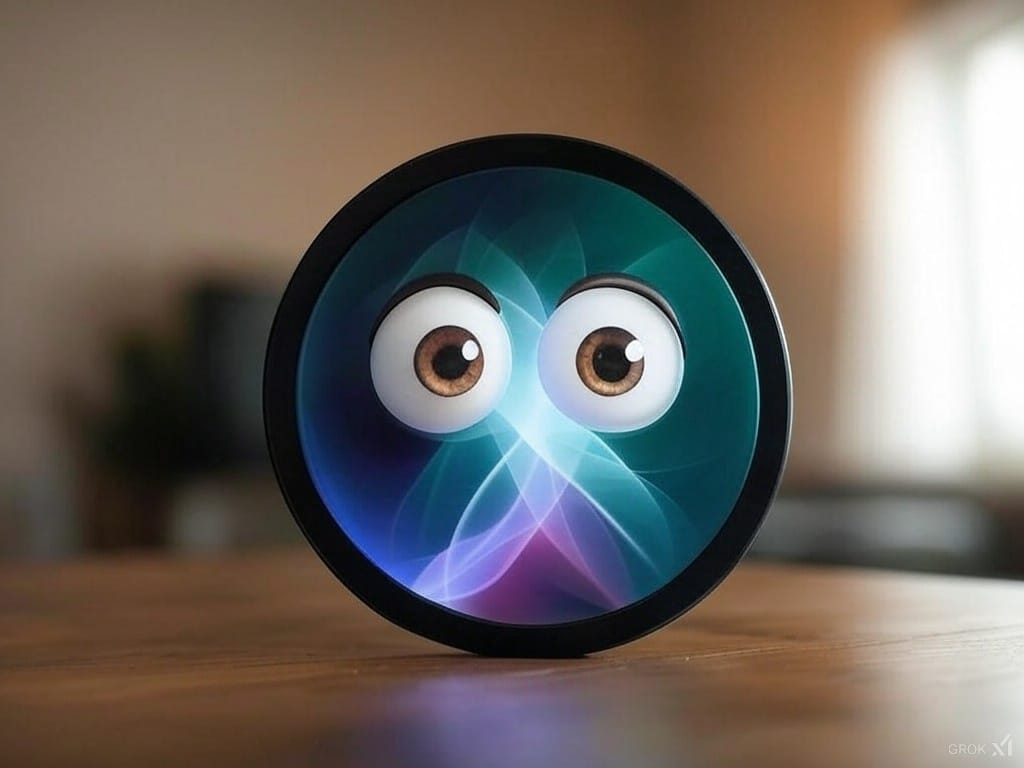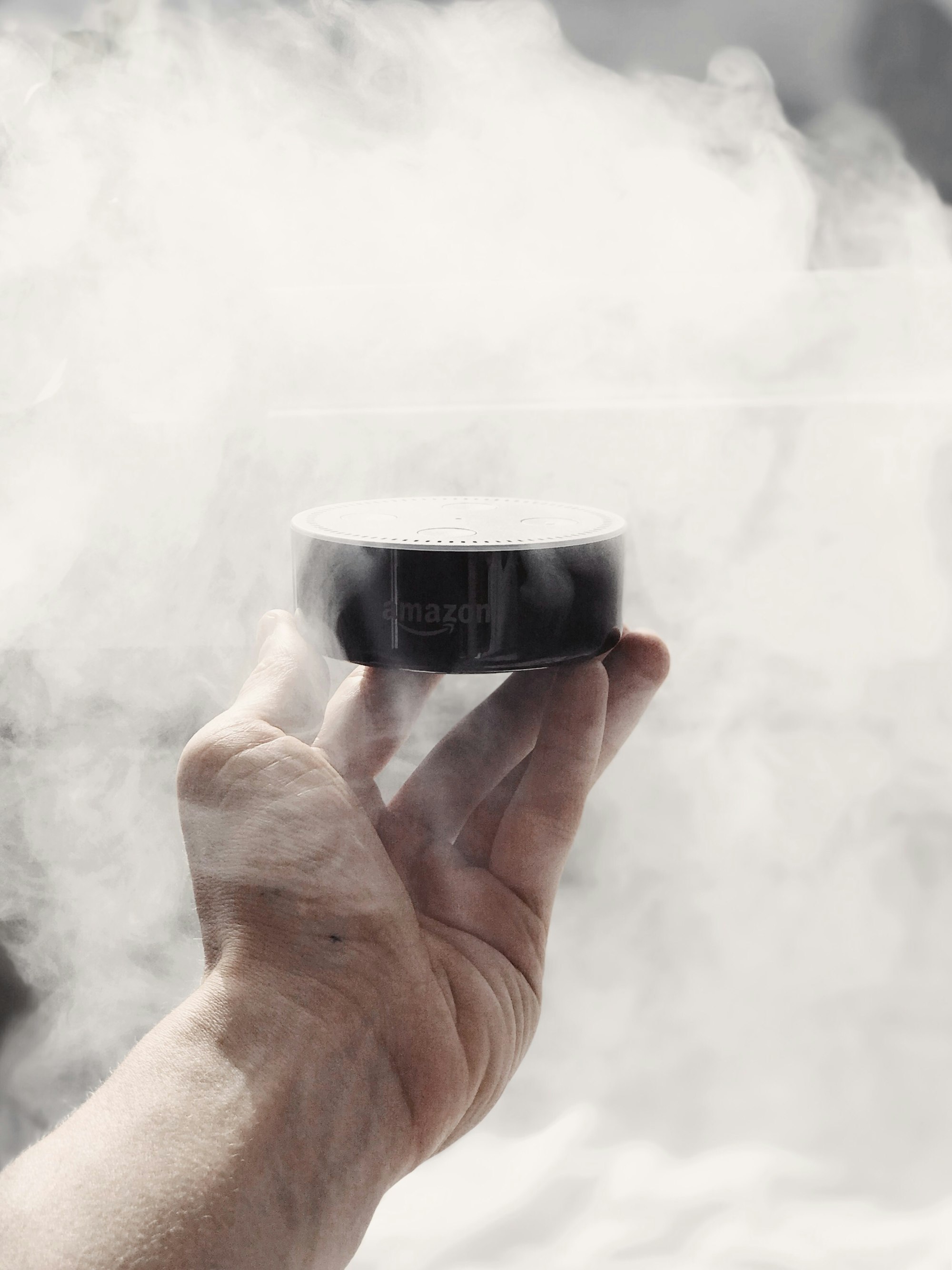There's No Free Lunch at Apple

Amongst the many tidbits and anecdotes in Mark Gurman's latest deep dive for Bloomberg looking into the myriad failures surrounding Apple Intelligence, I think my favorite comes towards the end of his nearly 6,000-word report:
Others say Giannandrea isn’t hands-on enough and doesn’t drive his workers particularly hard. “Every other team at Apple, at least in engineering, is balls-to-the-wall, get it out, get it out on time, and JG’s team just doesn’t operate that way,” one executive says. “They just don’t execute.” The perception of coddling extended to perks, as well. Unlike at other Silicon Valley giants, employees at Apple headquarters have to pay for meals at the cafeteria. But as Giannandrea’s engineers raced to get Apple Intelligence out, some were often given vouchers to eat for free, breeding resentment among other teams. “I know it sounds stupid, but Apple does not do free food,” one employee says. “They shipped a year after everyone else and still got free lunch.”
As the saying goes, "there's no such thing as a free lunch". But that is literally true at Apple. Even as the rest of their tech peer group dished out lavish lunch options to employees, Apple held firm in this regard. Yes, even Steve Jobs paid for his own lunch.1 Or at least it was true, until the team rushing to get Apple Intelligence out the door clearly needed some sort of extra incentive to keep them working beyond their normal workloads to ship something of vital importance. Something which they still largely failed to do. If there is a better metaphor for this fiasco than this lunch situation, I'll eat my hat.2
The knives are now clearly out (of the cutlery drawer – sorry, I'll stop) at Apple, as Gurman's report is the third or fourth or fifth or more, depending on how you want to count them, bit of detailed reporting about the failure, to date, of AI within Apple. In a way, this one feels more like an all-encompassing summary of the situation, and an extension of a couple other reports last month by Wayne Ma of The Information and Tripp Mickle of The New York Times. Putting these three together, it feels like we may have enough data points now to triangulate fairly well what may have actually happened.
And, unsurprisingly, there's not one thing or one person to blame, it seems. Though I still might argue that this is big enough of a clear and present shitshow that Tim Cook himself ultimately should have stepped in long before he did to clean up some obvious issues. But that's easier to say in hindsight, after a half dozen deep-dives and endless stories about the fiasco...
Anyway, if I take this all in and try to distill it back out, it comes down to a company which was caught by surprise by the current wave of AI. And they happen to be a company that's used to coming to markets a bit later than others, but out-executing on the product side. But this technological wave is different enough that their playbook hasn't worked here – at least not yet. And there are plenty of reasons to think that it will not. And that's in part because of a few key moments at Apple over the past 15 years which have essentially sealed their fate in AI.
Steve Jobs & Siri
The first was the acquisition of Siri in 2010. And because this was a deal spearheaded by Steve Jobs himself – and launched relatively soon after his passing as the vision for the future of the iPhone – it was clearly always going to be held on a different mantel. And that, in turn may have made Apple too slow to either walk away from or completely blow up the initiative multiples times over the past decade, even though it clearly wasn't working. The deal was both an insanely prescient one, but also way too early.
In this regard, as I've long argued, Apple and Amazon were in a similar boat. The early successes of Siri and Alexa – even if just PR-wise, with the former – led them down paths which looked correct but that they would ultimately need to backtrack from – creating more work for both companies than their peers.3 Especially because of some level of success. They couldn't just abandon millions of users and start over. But Amazon recognized first that they also couldn't just use duct tape to create a Frankenstein's monster of a product (because they clearly also tried), and so they were faster (relatively speaking) to do what Apple is now clearly doing: completely rebuilding their digital assistant from the ground-up.
But for years, Siri was clearly viewed as a mess internally at Apple. And responsibility seemingly kept being passed around, ensuring no one actually fixed it. This failure would seem to have had a dozen or so fathers – yes, they're all men – all of whom are called out at various points in these various stories.
JG
Fast forward to 2018, when Apple poached John Giannandrea from Google. This also felt like a fairly prescient move by Apple – especially the fact that they were hiring a head of AI directly reporting to the CEO. Yes, it was years after Google had acquired DeepMind and Sundar Pichai had been talking about AI as the future of his company for a while at that point. But still, this was seven years ago, most companies were not on board with AI yet, certainly not in a meaningful way. OpenAI was a few years old, but was in full-on non-profit research mode. ChatGPT was still four years away from launching. Apple seemed well positioned, even if Siri was a joke.
And that was in part because it seemed like Giannandrea would unify Apple's efforts and stop the Siri buck from being passed around. And his credentials from Google would help Apple attract AI talent, arguably the most important thing to be doing in 2018.
Unfortunately, the best laid plans... as has been widely documented by now, Apple often has problems bringing in leadership from outside the company. "JG" it seems, was no different. He may have reported directly to Cook, but he also clearly didn't have the clout that the former Steve Jobs lieutenants had internally. And the fact that his personal style – quiet, more laid-back – seemed at odds with the rest of the culture, certainly didn't help.
Federighi & Everyone Else
Most stories are quick to put the blame for this whole mess pretty clearly at JG's feet – and this seems fair given that AI has been his stated responsibility! – but again, it's undoubtedly not that black & white. And Gurman's reporting here seems to put as much blame on Craig Federighi, who apparently was downplaying the importance of AI a decade ago (incidentally, the year Google bought DeepMind):
Still, Giannandrea’s efforts were often stymied. Federighi, Apple’s software chief, remained reluctant to make large investments in AI—he didn’t see it as a core capability for personal computers or mobile devices and didn’t want to siphon resources away from developing annual updates to the iPhone, Mac and iPad operating systems, according to several colleagues. “Craig is just not the kind of guy who says, ‘Hey, we need to do this big thing that will require big budgets and a ton more people,’” a longtime Apple executive says.
And this seemingly continued right up until that launch of ChatGPT, which has been reported before as the "holy shit" moment for Apple – and Federighi in particular – around AI.
But even after that, the fact is that JG remained skeptical about "chatbots" as a key aspect of AI, and has said as much many times, even publicly. He was hardly alone in this view at the time, but in hindsight, this seems entirely too dismissive of ChatGPT, and obviously what it would become.
But even if JG hadn't been skeptical, it seems very unlikely that Apple could have built a true ChatGPT competitor because another executive, Luca Maestri, was a blocker when it came to getting the resources necessary – in particular, buying up NVIDIA GPUs. And that's a problem when said executive is the CFO. And especially when the CEO backs up his frugality decisions.
And the fact that NVIDIA was the key player here was likely problematic for Apple too, for sort of silly legacy reasons, but still. Bad blood remained there, so nobody at Apple, beyond maybe JG, was probably chomping at the bit to send Jensen Huang billions of dollars in CapEx.
Apple undoubtedly would have swallowed their pride and done it if they viewed it as existential – obviously – but they also had the very Apple mentality of taking a wait-and-see approach, thinking they could use their size and industry relationships to muscle in eventually, even if a bit late.
Move Slow & Break Things
But that wasn't going to work here. And it may point to the real high-level problem. Apple, as an organization, simply doesn't seem built correctly to operate in the age of AI. This technology, even more so than the web, moves insanely fast and is all about iteration. Apple likes to move slowly, measuring a million times and cutting once. Shipping polished jewels. That's just not going to cut it with AI.
A year ago, at WWDC, it seemed like Apple may have been able to pull it off by focusing on products while it looked like everyone else was focused on the technologies underneath. But, as it turns out, you may only be able to build great products in AI if you're really riding the currents underneath. And Apple just wasn't doing that. Hence, they failed to ship a lot of Apple Intelligence and the stuff that they did ship was fairly underwhelming. And it was nowhere near state of the art, which still very much matters in this particular field.
Perhaps Apple recognized this which is what led them to tout features – the go-to "getting mom home from the airport" scenario – that were nowhere near ready to roll. Perhaps they knew that without mentioning those features, the market would view the rest as pedestrian. Here, JG apparently threw Apple's marketing team directly under the bus:
For his part, Giannandrea has told colleagues that much of the blame should be on Apple’s marketing and advertising teams—which Greg Joswiak and Tor Mhyren oversee different aspects of—for hyping unfinished features.
Round and round we go in the blame game. But again, the reality seems to be that nearly everyone who had any touch points with AI at Apple was to blame for this failure, at least in part. And so perhaps the problem is less one of direct leadership and more one of culture.
The Path Forward
Can Mike Rockwell, the latest person brought in to fix the mess, actually do anything about that? Maybe, maybe not. But he does seemingly get credit for sounding alarms about all of this years ago, in part because Siri clearly should have been a key part of the Vision Pro project he was leading and well, it couldn't really be, because Siri still sucks. Can he help Siri not suck? At this point, we'll take simply sucking less, I suppose.
And perhaps the easiest way to do that, in the short term, remains simply swapping out a lot of what Siri does with ChatGPT, or Perplexity, or Claude, or perhaps even Gemini, if JG had his way, per this latest report.
To truly shift Apple on to the right path, I'm still of the mind that they may need to make a big acquisition. Apple typically doesn't do these, of course. But this is not a typical situation. The current culture is their own worst enemy here, which they can't see because who would ever admit to such a thing internally when your entire future depends on that not being the case?
And while tangential, the old school leadership of the company seems to be related to many of the other issues that currently plague Apple, such as the App Store situation. At some point, Apple needs to let go of the past to operate in the future. It's hard to imagine a better time to do so. It won't be easy, but there's no such thing as a free lunch. Certainly not at Apple.



1 Sort of. Because of his famous $1 salary, Apple couldn't really deduct the lunch from his pay, so he would often invite others to join him for a lunch that it wasn't clear who was paying for, aside from Apple itself. A very Steve Jobs thing to do.
2 I'm reminded of the time at Google when Andy Rubin was still in charge of Android and they got their own cafeteria with restricted access. Clearly, this went over well at Google...
3 Though Google was in this boat as well with their Assistant product, which also caused a bit of a temporary mess that the company is still working through...



